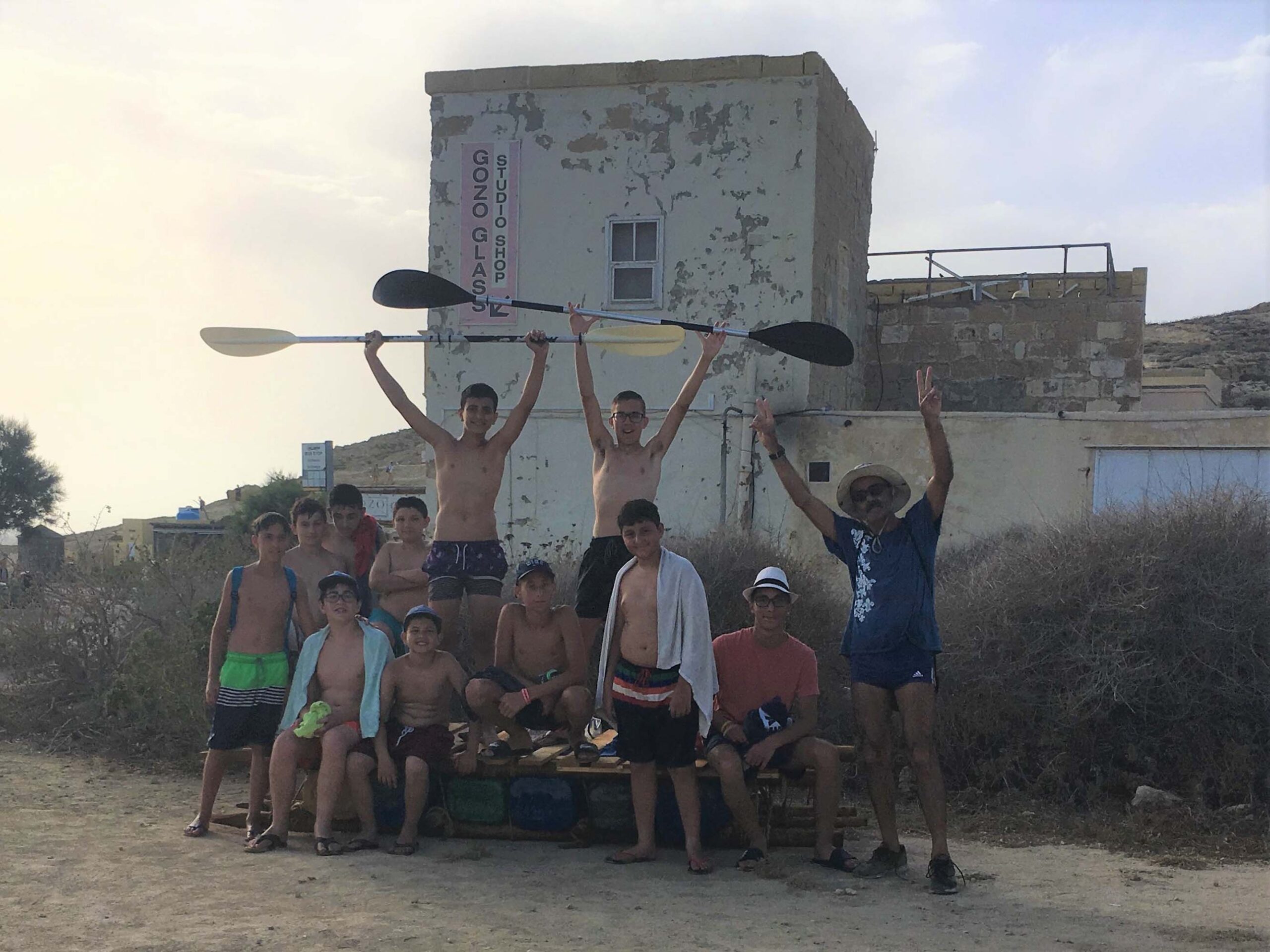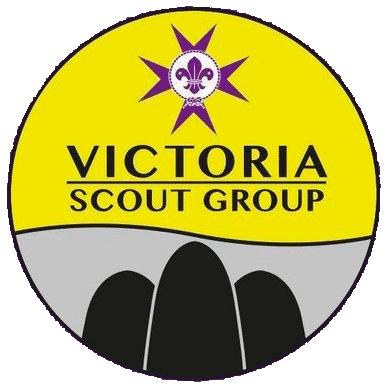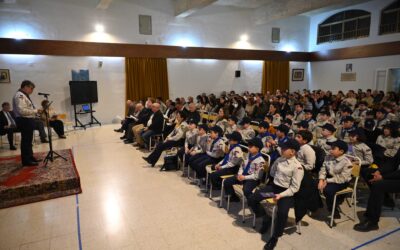Scouts Troop
The Scout Section was the original section from which Scouting began, laying the foundation for the movement we know today. It’s no surprise, then, that the Scout Troop is where some of the most exciting and adventurous activities take place. The Spirit of Adventure is at the core of the Scout Section – encouraging you to try new things, take on responsibilities, work as part of a team, and develop leadership skills.
The Troop Section is designed for young people aged between 10½ and 14½ years. The goal of this Section is to provide a mix of fun, challenging, and engaging activities while helping Scouts develop skills and values that will prepare them to navigate life’s challenges with confidence.
At this stage, Scouts are more self-aware and start to form strong preferences about their interests and goals. This is why the identity of the Troop is shaped by its members, underpinned by the Scout Promise and Law. These principles instil essential values such as loyalty, trustworthiness, respect, and resilience, equipping Scouts to tackle life’s hurdles and seize opportunities.
Throughout the year, Scouts participate in a variety of activities, including hiking, canoeing, camping, pioneering, rafting, and problem-solving challenges. These activities not only develop practical skills but also build character and lifelong friendships.
The Troop is organised into small teams called Patrols, each led by a Patrol Leader and an Assistant Patrol Leader. The Patrol Leaders work closely with the Adult Leaders – the Scout Leader and Assistant Leaders – to run the Troop, ensuring that activities are both enjoyable and meaningful. Leadership and teamwork are further reinforced through the Patrol Leaders’ Council, where decisions about the Troop’s programme are made collaboratively.
“Vigorous Scout games are the best form of physical education because most of them bring in moral education.” These words by Scouting’s founder, Robert Baden-Powell, remain true today. The Scout Section thrives on dynamic activities that not only promote physical fitness but also instil important life lessons, making the journey of every Scout truly unforgettable.
Meetings
The troop is currently divided into 5 Patrols with 8-9 scouts each.
Meetings are normally held every Saturday between 1730 and 1945 hrs. The scouts are expected to come in their activity dress (the Victoria Scout Group T-Shirt or Sweat-Shirt and group scarf). Each month the patrol leaders and their assistants, who are the scouts in charge of the individual patrols meet for the Patrol Leader’s Council (PLC). During the PLC they decide on the Troop’s programme for the upcoming months and evaluate the previous meetings. The PLC is run by the Senior Patrol Leader (SPL) who is not within any Patrol but helps the troop leaders by acting as the bridge between the leaders, the PLC, and the rest of the Troop. One of the leaders is usually present as well for the PLC to discuss with them the meetings in question. Once every three months a Troop assembly is also held where all the members of the Troop voice their opinions on past meetings and discuss what they would like to do in future meetings.
The Troop leaders also meet once a month to discuss the minutes of the PLC, the Troop and its programme.
Every month, the PLC tries to organize from one to two outdoor activities where all the activities have a particular theme that caters for the Troop’s Personal Progressive Scheme (see below). Most of the meetings are organized and run by the scouts themselves.
A sample three-month program usually includes:
- Hikes
- Cookouts
- Treasure hunts
- Sports
- Orienteering Exercises
- Pioneering Sessions
- Service — both internally within the group and also in the community
- Games
- Camps
Personal Progressive Scheme
The Troop structures its meetings around the Troop programme which is a personal progressive programme employed by the Malta Scout Association.
The Scout programme is structured over five levels each building upon each other to act as a parallel programme to what a scout learns in his formal education at school. The Troop programme touches upon several areas of development including: physical, intellectual, social, emotional, and spiritual — all of which form a responsible character.
The programme’s framework is built around a journey, one which the scout starts upon joining the Troop and continues as he meets up with his patrol, participates in activities with them, and learning something new along the way up until eventually passing on that knowledge to those starting the journey. It is built in a way that encourages scouts to explore the various areas that scouting has to offer, not just by themselves, but in a group of peers as well!
A full description of all these requirements can be found in the Troop Book. It is available from our headquarters and costs around €9.75. This book can be used by the Troop until he is 15 years old, after which he will join the Venture Unit.
Apart from the progressive scheme, scouts can also achieve several proficiency badges which they can get by developing their skills and interests.
Leaders
The current adult leaders, who offer their services on a voluntary basis, are:
- Group Scout Leader Jesmond Scerri known as GSL
- Scout Leader David Grech known as SL David
- Asst Scout Leader Jean Pierre Scerri known as ASL Jean Pierre
- Asst Scout Leader Sarah Grech known as ASL Sarah


Latest Scouts News
Latest information on the Troop
National Troop Trail 2025
Over 500 Scouts and leaders came together for an unforgettable 11km circular trek through some of Malta’s most scenic spots — Buskett, Girgenti, Laferla Cross, Fawwara, Ġebel Ċiantar, and Għar il-Kbir. 🌳With 450 Troop members from 25 Scout Groups and the support of 80...
The Victoria Scout Group holds its Annual General Meeting for 2024
The Victoria Scout Group held its Annual General Meeting at the Azzjoni Kattolika Hall on Saturday, 25th January 2025. Group Council Chairman Michael Grech delivered the opening speech. Group Scout Leader Jesmond Scerri, Secretary Celine Portelli and Treasurer...


